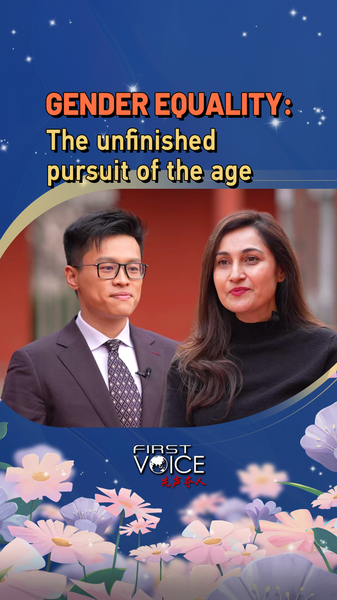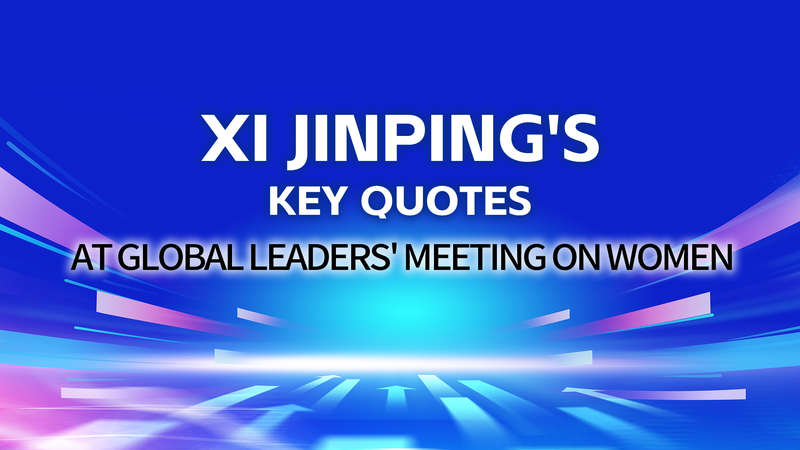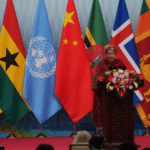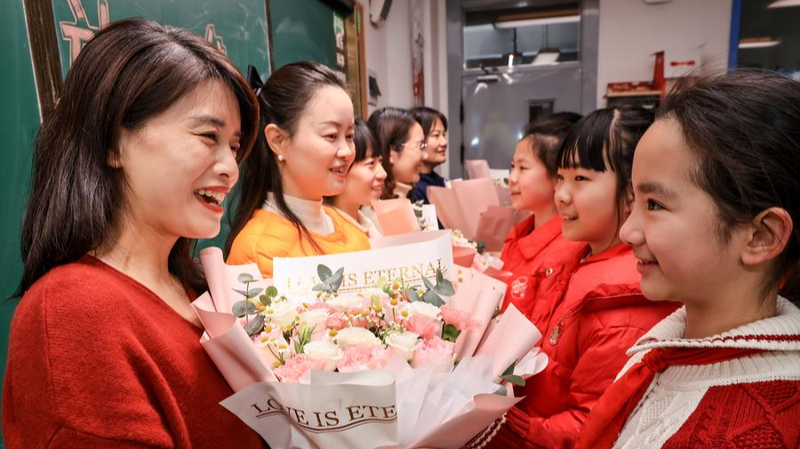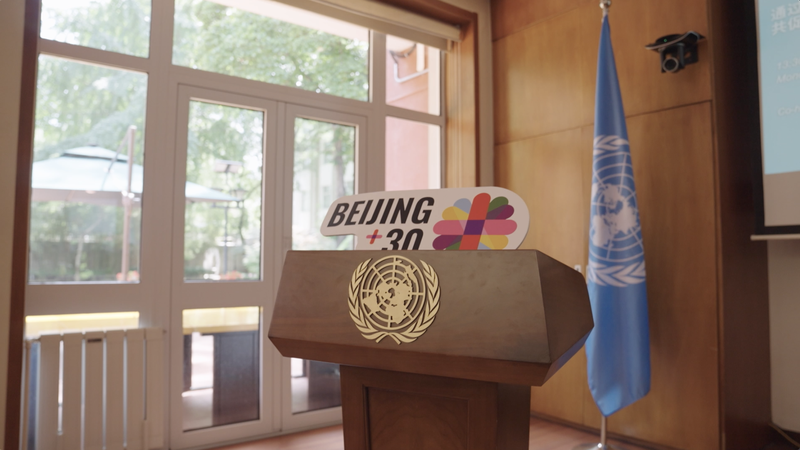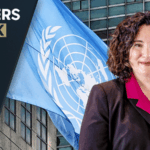Three decades after the landmark Beijing Declaration propelled women's rights onto the global stage, gender equality remains an evolving challenge requiring sustained commitment, UN officials emphasize. Sarwat Adnan, Head of the UN Resident Coordinator's Office in China, describes the pursuit as "a long journey demanding patience and courage" amid shifting geopolitical priorities.
The 1995 declaration – signed by 189 countries – marked a turning point in recognizing women's rights as human rights. Yet progress remains uneven, with persistent gaps in economic participation, political representation, and social protections across Asia and globally.
"The road isn't straight," Adnan noted in a recent discussion, highlighting how crises from climate change to regional conflicts disproportionately affect women. Her comments come as Asia witnesses both groundbreaking female leadership and entrenched cultural barriers.
For business leaders and policymakers, the gender gap presents both ethical imperatives and economic opportunities. The World Bank estimates closing workforce participation disparities could add $12 trillion to global GDP by 2025. Meanwhile, diaspora communities increasingly advocate for cross-border collaborations to address issues like educational access and workplace discrimination.
As cultural explorers engage with Asia's evolving social fabric, the Beijing Declaration's anniversary serves as a reminder: While legal frameworks have advanced, the true measure of progress lies in daily realities for women farmers, entrepreneurs, and families shaping Asia's future.
Reference(s):
cgtn.com
